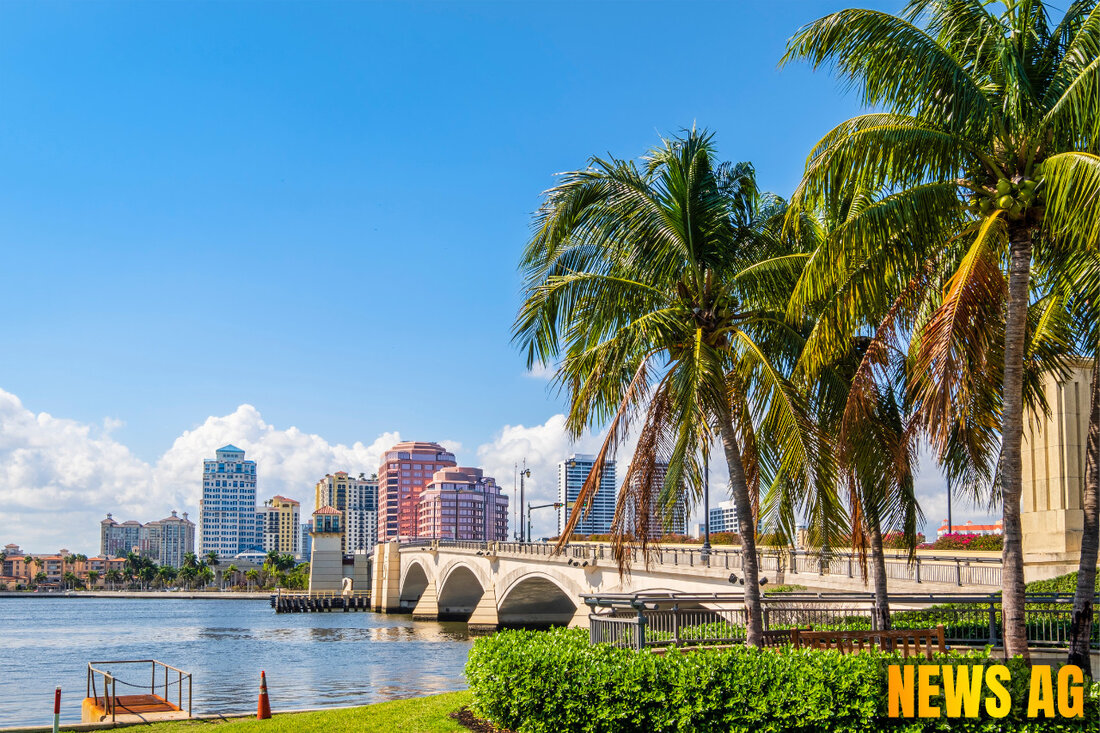Florida's Boater Freedom Act: Threats to Fisheries or Boater Rights?
Explore Panama City Beach's latest news on the Boater Freedom Act, enacted to reduce law enforcement interactions with boaters while raising concerns about fisheries and conservation efforts.

Florida's Boater Freedom Act: Threats to Fisheries or Boater Rights?
Florida is making waves with the recent enactment of the Boater Freedom Act, a law signed by Governor Ron DeSantis that alters the landscape of marine law enforcement. This new legislation prohibiting vessel searches related to safety inspections is touted as a means to reduce tensions between boaters and law enforcement. However, critics warn that it may also have unintended consequences for fish populations and conservation efforts.
As reported by WLRN, the Boater Freedom Act establishes that state and local marine law enforcement cannot stop and board vessels without probable cause. DeSantis compared this law to street law enforcement practices, highlighting the importance of probable cause before any boarding occurs. While advocates like DeSantis and bill sponsor Sen. Jay Trumbull believe this focus will allow law enforcement to better tackle serious offenses, opponents worry it strips essential tools from those enforcing fishing regulations.
A Boater’s Perspective
The legislation, known formally as CS/SB 1388, began its journey through the legislature via the Appropriations Committee on Agriculture, Environment, and General Government, championed by Senator Trumbull. Key features include prohibiting law enforcement from stopping vessels solely for safety or marine sanitation checks, which have now been relegated to secondary offenses. Additionally, the Florida Fish and Wildlife Conservation Commission (FWC) will develop a „Florida Freedom Boater“ safety inspection decal for compliant vessels, allowing some semblance of safety regulation to continue in a modified form.
Supporters of the Act, like Capt. Matthew DallaRosa from the FWC, remain optimistic, suggesting that enforcement capabilities won’t significantly diminish. Yet, there remains a palpable concern about the potential uptick in poaching that might arise from reduced enforcement capabilities. Former wildlife commission captain Alan S. Richard articulated this concern, asserting that the law could hamper law enforcement’s ability to curtail illegal activities on the water.
Environmental Concerns
While the act aims to bolster boaters‘ rights, it does raise eyebrows among environmental advocates. Matt DePaolis, the environmental policy director, expressed anxiety about prioritizing boater freedoms over the welfare of marine ecosystems. This law could lead to a decline in fish populations over time if proper enforcement of existing fishing regulations is compromised.
In addition, the law revises the criteria for establishing springs protection zones, which now requires proof of „significant harm“ from boating activities before restrictions can be applied. This change may further erode protections crucial for sensitive environmental areas, as the new standards could delay or deter necessary conservation measures. Moreover, local governments are preempted from banning the sale or use of gas-powered boats, prompting environmental groups to raise red flags about a potential increase in restrictions on engine types and related regulations.
In further detail, Florida Senate summaries indicate that while safety inspections without probable cause will be curtailed, regulations will still apply for wake speeds and zones that protect manatees and seagrass habitats.
The Future of Boating in Florida
Governor DeSantis has branded this move as part of a broader Boater Freedom Initiative, aimed at positioning Florida as the „fishing and boating capital of the world.“ The initiative will see investments in boat ramps, parking, and marina programs to enhance public access to Florida’s picturesque waterways, emphasizing a commitment to both enjoying and preserving these natural assets.
Yet, the new law poses a delicate balancing act. As many Floridians cherish their boating freedoms, the ramifications of this legislation on aquatic life and conservation endeavors remain to be seen. The Boater Freedom Act has certainly stirred the pot, making clear that the journey ahead will be one watched closely by both proponents and opponents of this significant policy shift.

 Suche
Suche
 Mein Konto
Mein Konto